Friendship: The Antidote to Bullying
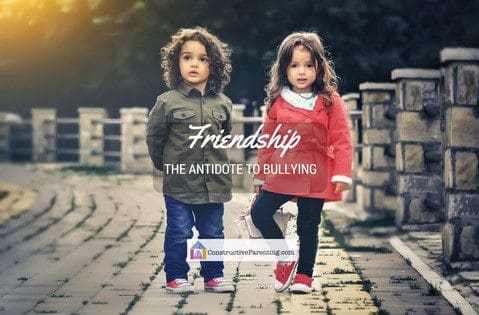
When I brought my daughter to preschool for the first time, I watched her enter a world where I no longer had control. Although she had had countless play dates, one of my biggest fears as I kissed her goodbye that first morning was that she might not be accepted. That she might reach out to others but not make friends. Fortunately, she was in a loving environment and she quickly learned to develop friendships on her own without me by her side.
Only a few years later, however, my children began to tell me stories of their peers making choices to deliberately hurt other’s feelings. When my son was four he befriended a child who insisted that some kids in the class were not allowed to play with the two of them. Before the year was up, this boy had turned against my son and kicked him out of the “group.” When my daughter was 6 she confided tearfully that a girl in her class had been tormenting her for weeks with threats of excluding her from a sleepover if my daughter didn’t do as she said. As a therapist and a parent educator I am aware of the statistics about bullying. I know that all children eventually witness bullying in some form, but still I was shocked to hear about it first-hand from my kids before they had even entered first grade. As parents and caregivers, I believe it is our responsibility to examine what is behind this phenomenon and explore what we can do to bolster our children against it.
Our society values self-reliance and a desire for personal success. While these are indeed important character traits to foster in our children, it turns out that by emphasizing individual success and independence, we have also created an atmosphere that allows bullying to thrive. When our sole focus is looking out for number one, we may fail to build strong relationships with others. It is not wrong to promote individual success to our children, but it is crucial that we temper these lessons with messages of cooperation and caring for others. These meeker qualities are what strong relationships are built on and they are what allow our children to thrive as friends. And it turns out that children who know how to be a true friend do not bully others. An added bonus is that children with strong friendship skills are less likely to be targeted by bullies.
The following advice on friendship is gleaned from bullying expert Barbara Coloroso. In her book The Bully, the Bullied and the Bystander she explores not only the importance of helping children form meaningful relationships but also other tips on how to help stop the bullying epidemic.
Teach Children the Qualities of True Friendship
Children need to understand that a friendship is a relationship two people participate in. Your child can learn that good friends: show kindness and respect, stick up for each other, accept each other’s apologies, put effort into the friendship so that the other person doesn’t feel neglected, accept each other the way they are, and treat each other the way they want to be treated. The other important part of the equation is that children must choose friends wisely who also understand the value of these skills. If your child is a pleaser they may be excellent at doing each of these things and still surround themselves with others who are taking advantage of them. An easy way to help your child begin to value these qualities is by encouraging positive relationships in the home between family members and by modeling healthy relationships with your own friends.
Teach Children to Feel Comfortable Introducing Themselves to A Group
Research shows that children who have mastered this skill are less likely to be bullied. If you notice that your child has trouble joining others or is extraordinarily shy in group settings, talk to them about why this is difficult. Explain that getting to know new people can be hard for adults too, but there are certain tricks they can use to make it easier. The first step is to observe what the group is doing. From there they can ask a question about what the group is doing or give a compliment. They can learn to be assertive and ask in a respectful way if they can play too. Consider role playing with your child so that they can get practice with these skills. You can create pretend scenarios where your child is accepted, ignored, or rejected and you can help your child process what to do in each of these scenarios. Mastering this skill leads to less trepidation on the first day of new activities like school, camp and joining a sports team.
Teach Children How to Speak Up if Someone Is in Trouble
Children are taught at an early age not to tattle. This becomes confusing when a child knows a friend needs help, but he does not want to get that friend in trouble. As a parent or a caregiver it is possible to help your children learn to distinguish the difference between tattling and telling an adult when someone needs help. If a child has an impulse to tell on someone they can learn to explore whether they are telling to get that person in trouble (tattling) or whether they are telling because they need an adult’s help because a friend is at risk of getting hurt. If a child is telling solely to get someone in trouble they should be encouraged to work out the problem on their own. If they recognize that someone could be hurt, they need to understand that it is important to tell an adult even if they know their peer could get in trouble. Too often, when children witness bullying they keep it a secret. The bullying epidemic won’t change until children start clueing adults in sooner.
Teach Children the Importance of Empathy and Kindness
Children are not born bullies. Bullying is a learned behavior where one person shows contempt and disrespect towards another. When this is witnessed over and over, children can become desensitized. Similarly, when a child is part of a group that is making someone else feel small it becomes easier for the group members to feel indifferent. “She is a loser and no one likes her anyway.” In order to raise a child who feels empathy and compassion for others (both qualities of a true friend) it is important to teach your child to listen to her conscience. A child with a strong moral compass is capable of standing up in a crowd and saying, “it’s not okay to treat someone that way.” They do this not because it is popular or easy, but because it is right. The best way to instill this in your children is through example. Model going out of your way to help others. Get involved in volunteer work. Have the family prepare packages of warm clothing, granola bars and water and keep them in your car so you can give them to the next homeless person you see. Invite the new neighbors for dinner or bake them cookies in order to make them feel welcomed. Your children are always watching what you do and learning from your choices.
Recognize If Your Child Has Poor Social Skills
Pay attention to your child’s ability to interact positively with others. Do other children enjoy your son’s company or is he constantly making choices that push others away? If your child has trouble reading others’ social cues (facial expressions, body language, tone of voice) he may not realize that what he is doing is annoying his friends. You can help him learn to recognize these signs and make better choices. While watching TV or reading a story, pause and ask your child what the main character is feeling and explore how they can tell. When you see your children interacting and your daughter starts to push your son’s buttons call a time-out and ask your daughter to think about how her brother feels. Ask your daughter to identify what she was doing to make her brother feel that way and check in with him to see if she is right. If you find that you are having trouble teaching this skill, consider reaching out to a parenting consultant, therapist or guidance counselor for help.
Your Child Can Lead the Way
Your child can combat the bullying epidemic by being part of the solution. Giving your child the ability to form positive relationships with others is a simple step you can take. Children who have the skills to join a group and to make and maintain friendships are much less likely to be targeted by bullies. In addition, these same skills will allow them to thrive so that they don’t need to pick on others in order to feel better about themselves. The icing on the cake is that a child who understands the importance of feeling compassion for others is much more likely to stand up for someone who is being targeted. These skills allow children to become powerful in taking charge of the relationships in their classrooms and their lives.
I still worry about my kids’ being accepted and cared for by others, when they enter into a new phase in their life. I even worry that my kids may bully others. But I take comfort in the fact that friendship making can be taught—and I know this is an excellent way to prepare them for the world ahead.
If you would like support in teaching your child to be more assertive or you want strategies to increase empathy in your child I can help. You can click here to schedule a free 15 minute phone consultation or you can call me at (704) 413-3323.

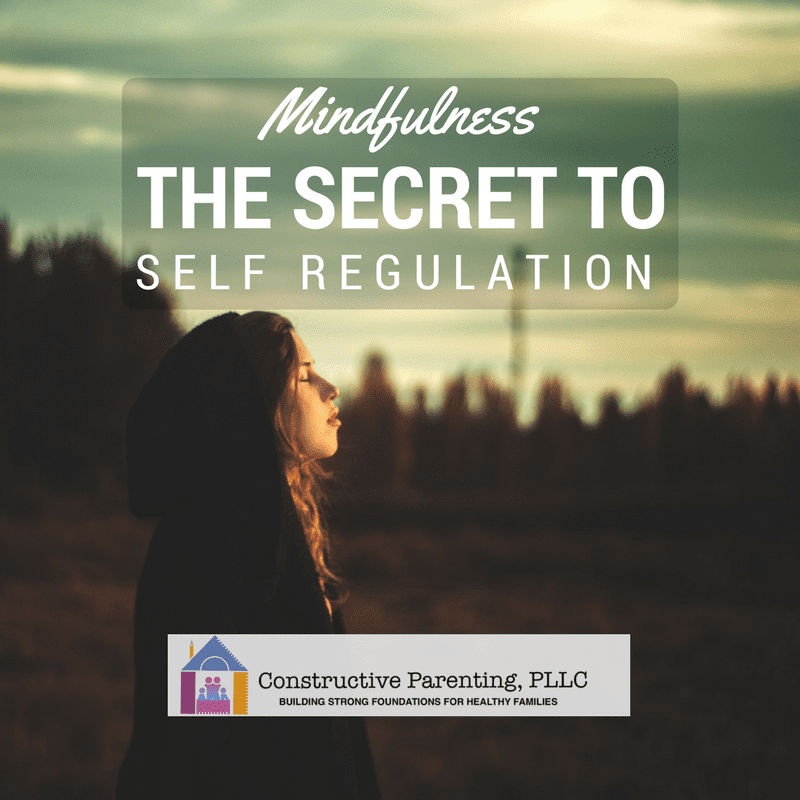

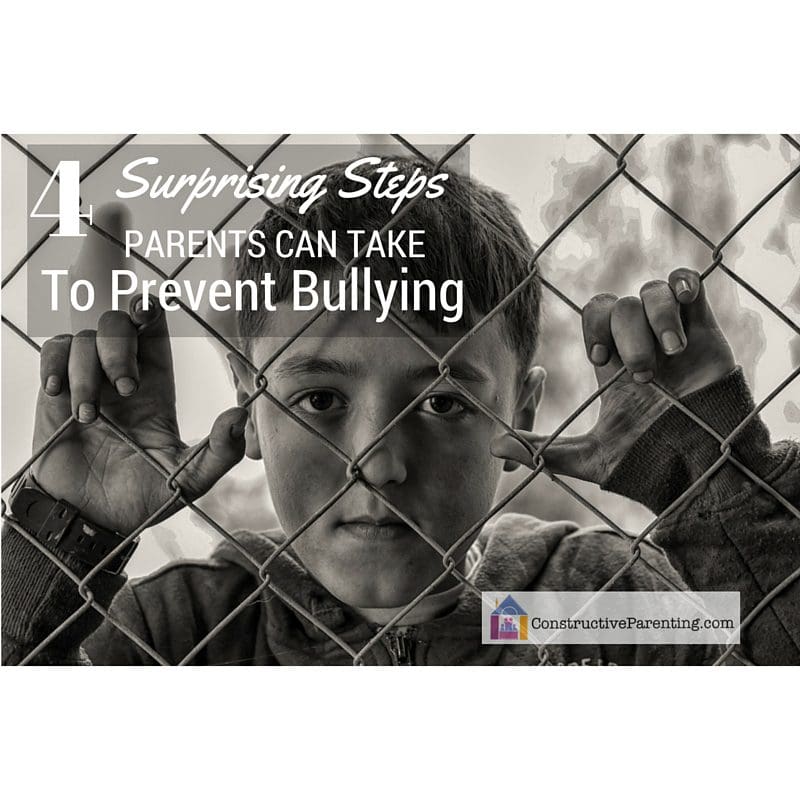

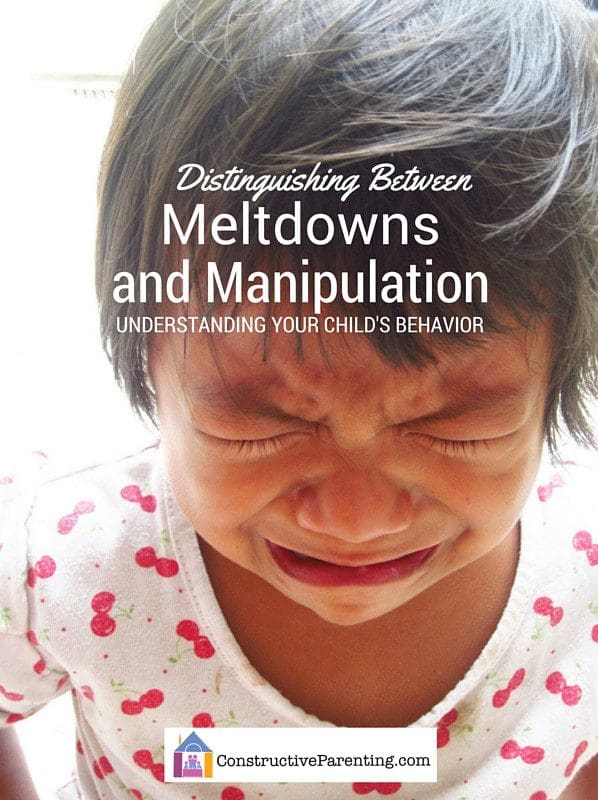

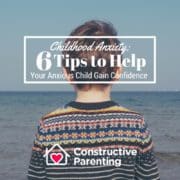
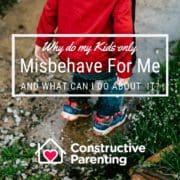


Great article. Very helpful and timely. I particularly liked the part about teaching kids how to introduce themselves to a group. This is an issue my son has and I will try to practice this skill with him.
Thanks!